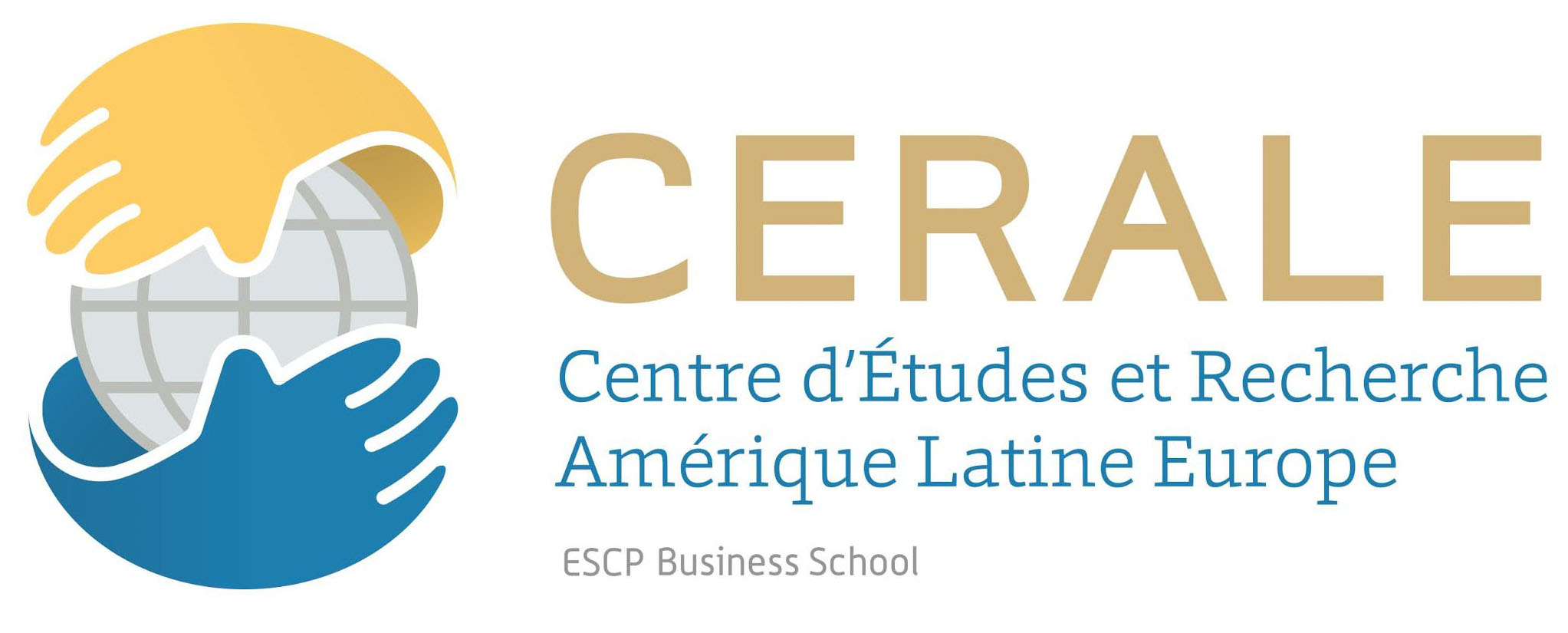- Frédéric DONIER, Managing Partner CRESCENDO and Ambassador FrenchFounders Brazil : «Leading business and digital transformation in Brazil: opportunities and challenges»
- Eloi DECHERY, CEO & Founder ZARPO
- Xavier LECLERC, co-organizator of RioFuturo Conference
Title:
Cheap Talk and Strategic Rounding in LIBOR Submissions (with Angel Hernando-Veciana)
Abstract
This paper constructs a model of directed search in the interbanking market and tests its empirical implications with data from the LIBOR benchmark setting process. Interbanking rates were until recently based on judgmental estimates of borrowing costs published by a panel of banks. We interpret this as a cheap talk game that allowed banks to communicate nonveriable information about their borrowing costs to potential counterparties. Under normal market conditions there is a welfare maximizing equilibrium where banks truthfully disclose their borrowing cost even if misstating costs is not penalized, but, in times of financial stress, only equilibria survive, in which submissions are partially revealing of the bank’s true borrowing rate. We take this prediction to the data and show that, indeed, the precision of the panel banks’ individual estimates is chosen strategically. Banks round more frequently if the perceived riskiness of the bank increases. Rounding is also more frequent for the more liquid short term rates and for certain benchmark maturities. We discuss the implications of our results for the design of benchmark setting mechanisms and the ongoing LIBOR lawsuits
Professor
Department Chair | Finance
Since the 1980s, SMEs have been regarded as one of the vectors of European-Latin American relations.
This article is based on qualitative studies carried out by CERALE on the internationalization of French SMEs in Mexico and the experience of Southern European SMEs in Brazil.


